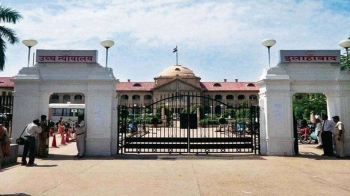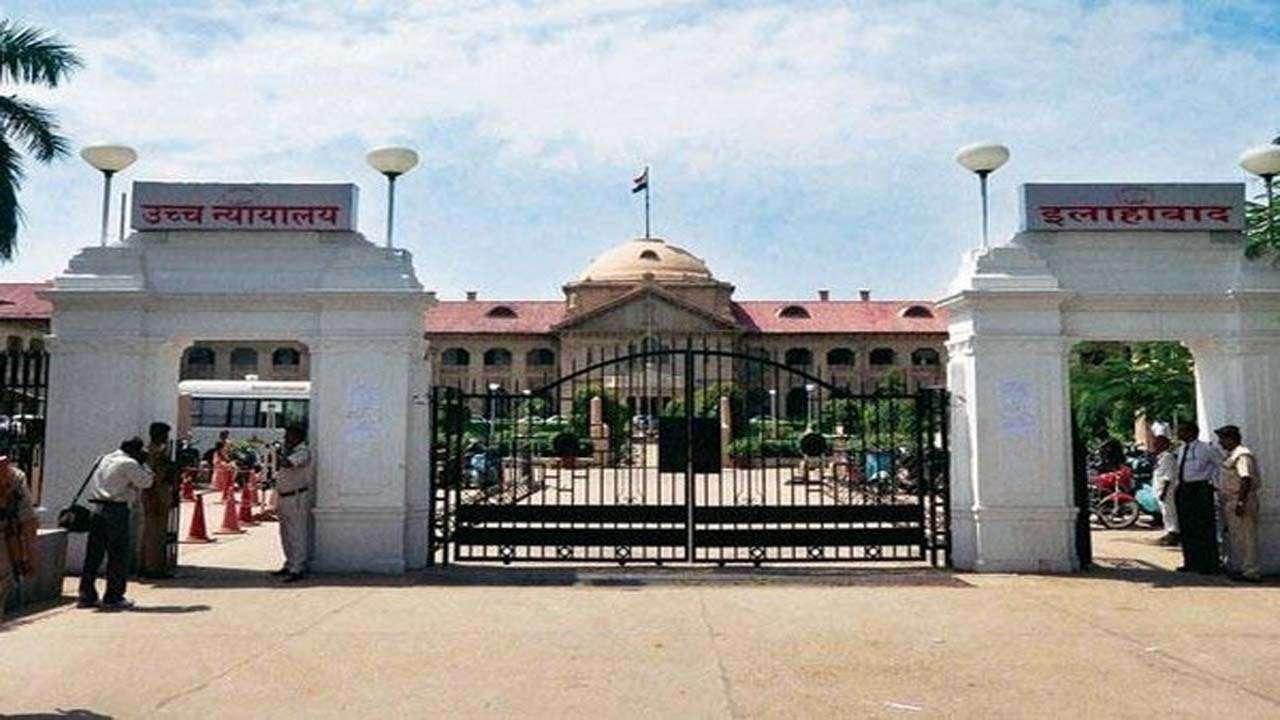
.jpg) Dr. M. D. Thomas
Dr. M. D. Thomas

The Allahabad High Court pronounced a marker judgment on the 4th day of May 2021 and it has major moral implications for the entire ‘executive sector’ of the country, from top to bottom or bottom to top, across the states and other units. The verdict was in the wake of the ‘acute shortage of medical oxygen for patients who were afflicted by covid-19’ and the ensuing tragic death of the humans.
The ruling of the court reads, “Death of covid-19 patients just for non-supplying of oxygen to the hospitals is a criminal act and not less than genocide”. The clear reference is to those responsible for ensuring the continuous procurement and supply of medical oxygen. Obviously, the words ‘criminal act’ and ‘genocide’ attracts serious attention by one and all.
A Bench of Justices Siddhartha Varma and Ajit Kumar were addressing the District Magistrates (DMs) of Lucknow and Meerut. The Bench asked them, “How can we let people die in this way”, when ‘medical science has advanced so much that heart transplantations and brain surgeries are now a reality’. The Bench made these remarks in response to a PIL, seeking ‘immediate remedial measures to be taken by the government’, at all levels.
The judges strictly ordered the DMs to do an ‘immediate homework’ of verifying the news of covid-19 patients dying of oxygen shortage and of submitting reports within 48 hours by Friday, the next date of hearing. The officials were also instructed to appear in person for the hearing.
The court had taken cognizance of the stories of oxygen shortage going viral on social media, which blatantly challenges the brutal “harassment meted out” by the district administrations and the police “to those poor citizens who were begging for an oxygen cylinder to save the lives of their near and dear ones”. The court also found these news items ‘showing a quite contrary picture to the one claimed by the government’.
The court had also cautioned the ‘Election Commission’, saying ‘any slackness from its part will not be tolerated’ with regard to its responsibilities. This warning was at the rear of the news published in Hindi daily, Amar Ujala, on 27 April, about 135 teachers (shiksha mitras) and investigators on duty at ‘panchayat polls’ who allegedly had to succumb to covid-19.
The court gave direction to the SEC to produce before it CCTV footage in print and in a pen drive from designated counting areas and centres, like Lucknow, Prayagraj, Varanasi, Gorakhpur, Ghaziabad, Meerut, Gautam Buddh Nagar (Noida) and Agra, along with an ‘action plan’ against the flouting of covid-19 procedures. This was following the failure in complying with the covid-19 protocols and guidelines by Election Officers and Police administration at the counting of votes for the gram panchayat polls.
Coming back to the chief point in question, failing to supply medical oxygen to the hospitals is declared a ‘crime’. Obviously, medical oxygen is a question of life and death for the patients who have become extremely vulnerable. Allowing human beings to die out of shortage of medical oxygen is equal to ‘genocide’, which is mass murder. These charges apply to administrators and executives at all levels, who are supposed to make provisions of all sorts, of course, medical requirements on a priority basis. This, by the Allahabad High Court, is a brilliant assessment of the malfunction of those who have opted to be within the administrative machinery, indeed so.
In fact, by holding the ‘executives’ of the country, centre, state, district, panchayat, and the like, responsible for the collapse in making the basic provisions for the wellbeing of the people in their respective area of operation, the court has, in fact, articulated the ‘conscience of governance’. Along with defining the ‘sense of right and wrong’ of the administration, the court has underlined also the ‘super conscience’ of the judiciary, especially during times when the executives barefacedly fail in their primary duties that are stipulated by the Constitution of India.
The cutting question of the court ‘how can we let people die in this way’, as against the huge modern developments and facilities, especially in the medical sector, is a matter of million dollar concern. The entire superlative claims and boasts collapse miserably in a spur of the moment. It simply rewinds the human civilization and puts it back to the primitive times, perhaps in a much worse way. All the revolutionary progress of science, technology, thinking and culture get defeated, mournfully so.
The razor sharp question that emerges is how could ‘crime’ and ‘genocide’, whatever be their type, be ever accommodated with governance? Being part of the government is not a licence for having a super leisure time, enjoying power and money and all the best of what the world could offer them. It is not for exercising authority in a wholesale manner and for celebrating a magnified ego either.
In point of fact, governance has to be necessarily ‘good governance’ that is proactively oriented to the wellbeing of the people. It calls for ‘qualities of the mind, of the heart and of the spirit’, which amounts to a ‘conscientious behaviour’ in planning, being prepared for any eventuality, being available to people and in performing, all in a transparent mode. To say the least, governance is not the place for ‘criminals and murderers’, as the esteemed high court has sensibly articulated, not at all.
As it is too obvious, ‘politics and party politics’ of the country have taken the country almost to the street levels, not only to the visibility of citizens of our own country but also to the entire world. As representatives elected by the people, the ministers, MPs, MLAs and Parshads, along with the appointed bureaucrats of all levels, have to join their minds, hearts, spirits and hands with each other for doing their sacred duty to the citizens of the country, irrespective of affiliation to various parties. Until this happens, politics and party politics cannot be thought of supplying ‘oxygen’ for the citizens.
The wisdom of the Allahabad High Court makes a clarion call to those who are wedded to the governmental machinery, small and big and all over, to ‘awaken their conscience’. The rulers have to become humble leaders who are capable of serving the people of the country, especially the needy. That would necessitate ‘sharpening the sense of right and wrong’ of those in the governmental system, boost up the ‘ethical fibre’ and be on their feet to serve the citizens, as a pure devotion to God himself.
-----------------------------------------------------------------------------------------------------------------------------------
The author is Director of Institute of Harmony and Peace Studies, New Delhi. He could be contacted at ‘mdthomas53@gmail.com’.